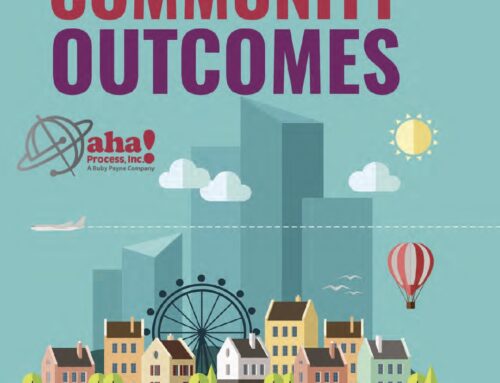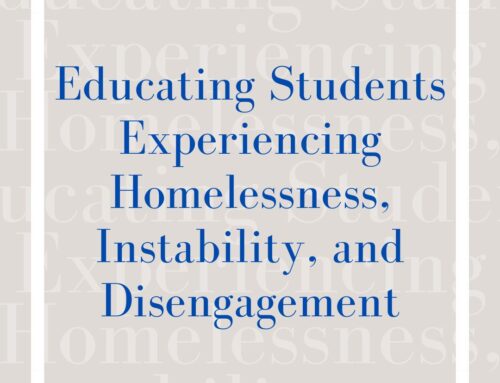At McEachern High School in Cobb County School District in Georgia, Assistant Principal Dan Torrenti handles the discipline referrals. Until a few years ago, if you had to go to Torrenti’s office, you knew you were in trouble.
That’s why Naomi Montez, a McEachern student, was surprised when Torrenti started to read the report on her. “Mr. Lawrence says…he’s been greatly impressed by your level of effort, your grit, your determination, and your commitment to excellence,” read Torrenti. “You represent the best of McEachern High School.”
When Torrenti asked Naomi why she was surprised at the news, she said, “I just don’t get awards and stuff like that.”
Research shows that reinforcing positive behavior can have profound impacts on social emotional learning and competency for both students and staff. Anecdotally, the evidence from McEachern High School bears this out.
“Kids who are sometimes on the borderline of making bad decisions, if you catch them doing something good and write them up for doing something good, I’ve found it can change their entire trajectory for the rest of the semester,” said Matthew Lawrence. Lawrence is an economics and history teacher at McEachern and was the originator of the positive referrals plan.
Listen to the story from WABE Atlanta
Positive referrals are just one piece of a larger movement many schools are making away from zero-tolerance behavior policies and harsh punishments. “There’s growing recognition that some of the best predictors of success, both in school and also in the workplace, is this notion of emotional intelligence,” said Ann Gregory of Rutgers University, who has researched the topic.
The proof? As the number of positive referrals at McEachern has increased, the number of negative referrals has gone down.








